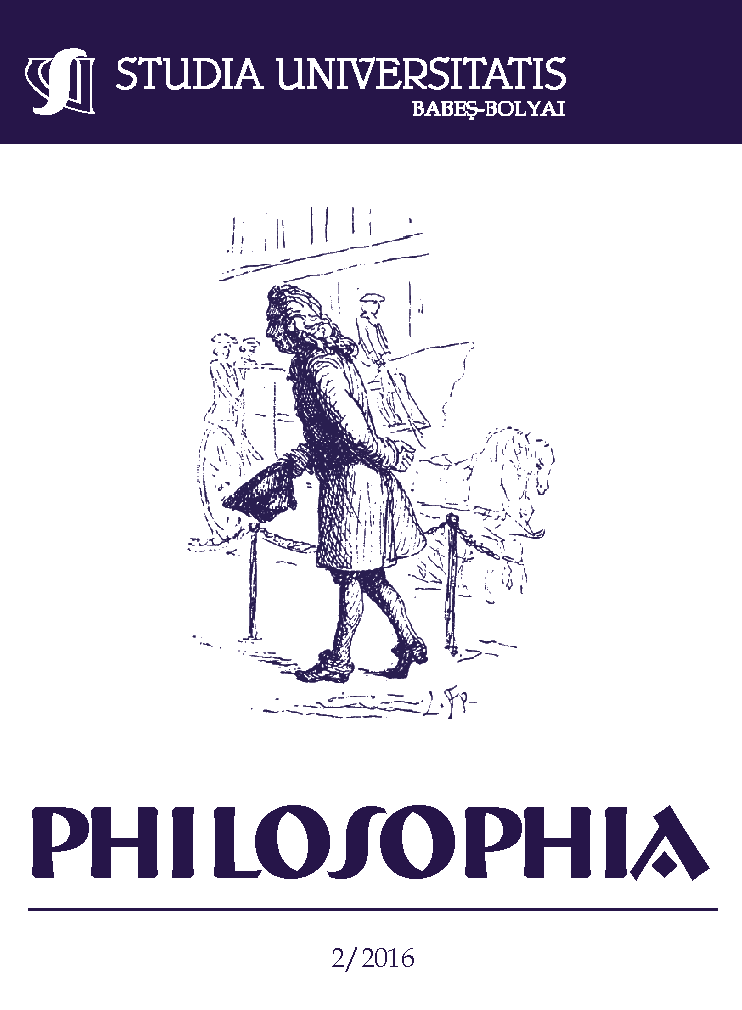THE THREE SHADOWS FROM “THE PICTURE OF DORIAN GRAY”
Keywords:
The Fall, Jungian shadow, decreation, awakening, individualism, aestheticism, ethics, symbolism, new Hedonism, nihilism, transfer of personality, psychology of influence, demonism, theosis, existentialismAbstract
Oscar Wilde’s novel The Picture of Dorian Gray (1891) becomes especially interesting when one analyzes it through the hermeneutical lenses of The Garden of Eden complex. The comparison between Dorian’s decreation and the Fall of Adam and Eve was not yet researched taking into consideration the Hegelian-Kierkegaardian insights about “lost innocence” and “revolutionary freedom”. I have also investigated the ideal of “total existence” proposed by Lord Henry Wotton and his Symbolist eulogy of Beauty. Moreover, the Jungian concept of the shadow was used to explain the dynamics between the two main characters of the novel. The destruction of ethics, which reminds us of Nietzsche and Rimbaud and the final Kierkegaardian collapse of aestheticism transforms Oscar Wilde into a complex author who deserves a thorough philosophical analysis.Downloads
Published
How to Cite
Issue
Section
License
Copyright (c) 2016 Studia Universitatis Babeș-Bolyai Philosophia

This work is licensed under a Creative Commons Attribution-NonCommercial-NoDerivatives 4.0 International License.





